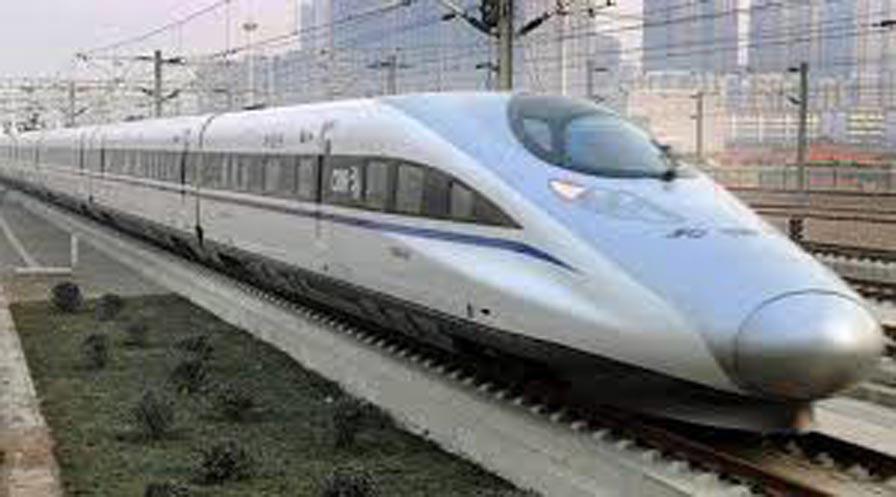The widening gap between the Indian rupee and the Japanese yen is throwing a wrench in the Mumbai-Ahmedabad bullet train project. This has led to concerns in the Union finance ministry of cost escalation of the project. As it is, the financial health of Indian Railways due to the Covid-19 outbreak which crippled its operations has deteriorated to an extent that it does not have money to pay pensions to its retired employees. The railway ministry had recently written to the finance ministry to seek help so that pension can be given to retired railway workers. But there is no move yet to negotiate the terms and conditions of the 50-year loan with the Japanese agency, Japanese International Cooperation Agency (JICA), which is funding 81 per cent of the total project cost. The estimated cost of the project is Rs1.1 lakh crore. The JICA loan works out to Rs88,000 crore. Though the Japanese loan comes at just 0.1 per cent interest, Japan’s overseas lending mostly comes “tied”, implying that the funds are used to procure materials and services from the donor country. Even in projects like the Delhi Metro, a large number of contracts were awarded to Japanese companies. Such is the case for the bullet train project as well. The cost of the high speed rail network includes the purchase of 24 train sets, interest during construction and import duties. Recently, railway minister Piyush Goyal indicated that the financial aspect of the ambitious bullet train project was being reviewed as the post-Covid world will entail “a lot of tightening of the belt”. Speaking at the India Global Week, he said, “Certainly Covid-19 has been a little bit of spanner in terms of the ambitions that we had around the bullet train project and we are relooking at all the projects in terms of the post-Covid world that will entail a lot of tightening of the belt, a lot of cost cutting and improving our efficiencies and aligning ourselves to how travel and transport will work in the after Covid world. I really think that it’s going to be a before-Covid and after-Covid affair.” Goyal affirmed that the Railways was “committed to these projects” and “we are at the stage of finalising plans and costing” for them. Talks are said to be underway with Japan to explore if Indian companies can take on some of the highly specialised engineering jobs to bring down the cost and make the project more ‘Make in India’. The National High Speed Rail Corporation Limited, the implementing agency for the project, has reached out to the Indian industry to assess the requirement and capability of domestic players.
-

Bullet train: on a slow track

































